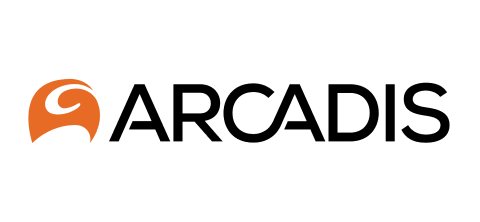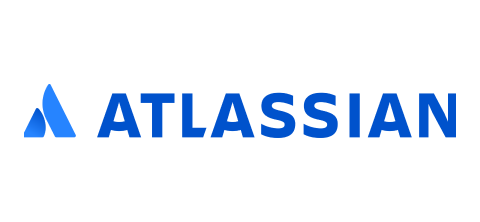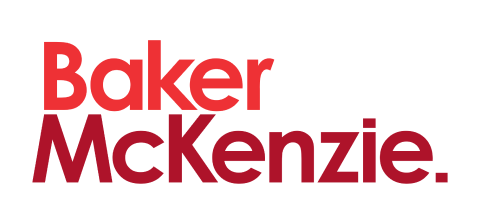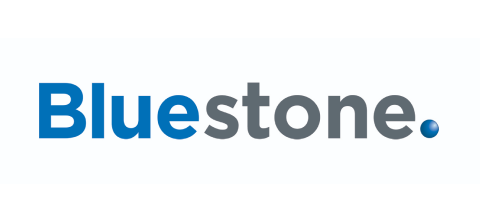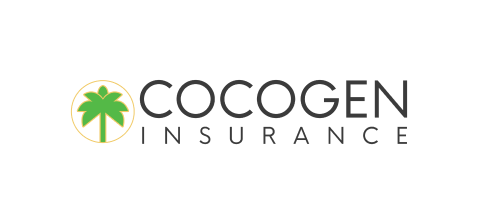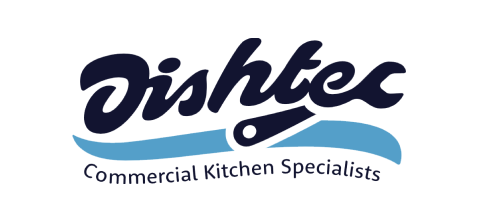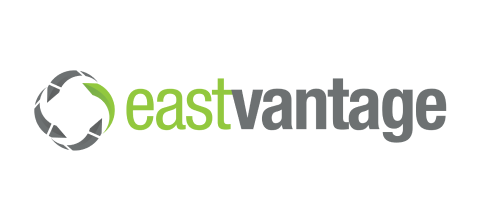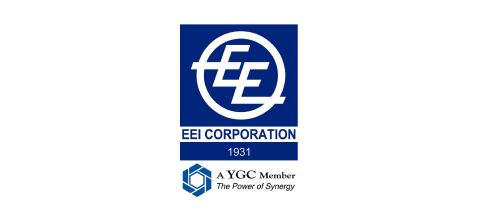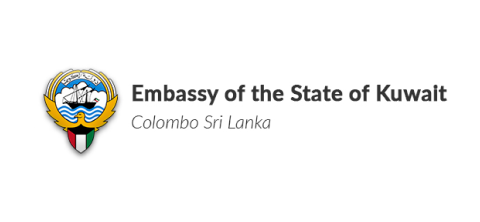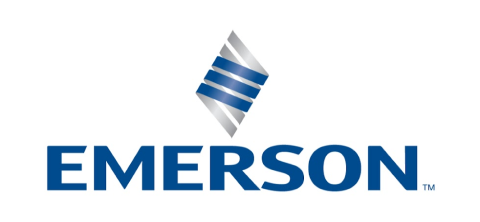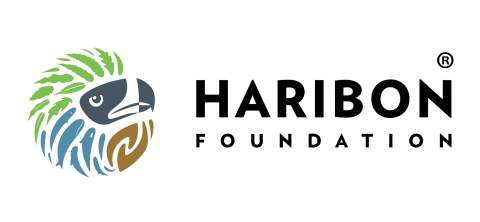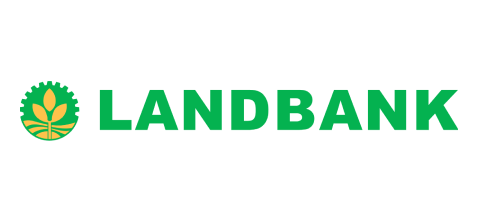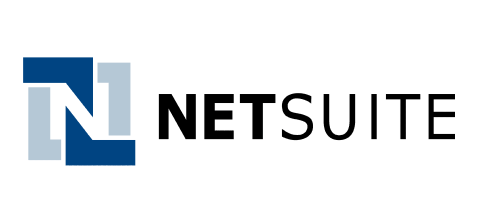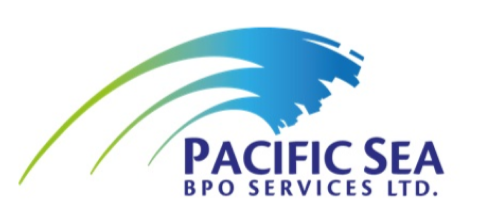Mastering English involves not only understanding grammar and vocabulary but also being able to navigate everyday conversations smoothly. This means having the ability to engage in casual chats, respond appropriately to questions, and express oneself clearly in various social contexts.
Whether you’re traveling to a new country, working in an international environment, or socializing with friends, knowing key phrases can significantly enhance your communication skills. These phrases serve as the building blocks for effective interaction, helping you to understand others and be understood in return.
Moreover, they enable you to participate confidently in different scenarios, making your conversations more natural and less stressful. With practice and regular use, these phrases will become second nature, making your English interactions smooth and effective. Here are the basic ones you need to know:

Greetings and Introductions
Basic Greetings
Starting a conversation often begins with a greeting. Greetings are fundamental to initiating interactions and can set the tone for the rest of the conversation. Here are some common phrases that can be used in different contexts to greet someone:
- Hello/Hi: Standard greeting for any situation. These are versatile and can be used in both formal and informal settings.
- Good morning/afternoon/evening: More formal, depending on the time of day. These greetings are appropriate for professional or polite social interactions, signaling respect and consideration for the time of day.
- How are you?/How’s it going?: Asking about someone’s well-being. These questions not only serve as greetings but also show interest in the other person’s state, fostering a sense of care and connection.
Responses to Greetings
When someone greets you, it’s polite to respond appropriately. The response you give can vary based on the formality of the setting and your relationship with the person:
- I’m fine, thank you. And you?: A polite response. This is a safe, courteous way to respond to someone in both formal and casual contexts, showing gratitude and returning the question.
- Doing well, thanks. How about you?: A slightly informal but friendly response. This phrase is suitable for more relaxed settings and conveys a positive attitude while reciprocating interest in the other person’s well-being.
Introducing Yourself
Introducing yourself is essential in new social or professional settings. Your introduction can leave a lasting impression, so it’s important to be clear and confident:
- My name is [Your Name]: Simple and direct. This straightforward approach is effective in any situation, ensuring that your name is heard and remembered.
- I’m [Your Name]: Casual and straightforward. This version is more relaxed and can be used in informal settings or when you want to keep the introduction brief.
- Nice to meet you: Use after introductions. This phrase is polite and acknowledges the introduction positively, often used to express pleasure at meeting someone new.
Introducing Others
When introducing someone else, it’s important to do so in a way that facilitates a smooth interaction between the people being introduced. Here are some phrases to help with this:
- This is [Name]: A straightforward introduction. This is a simple, clear way to introduce someone, suitable for most situations.
- I’d like you to meet [Name]: Slightly more formal. This phrase is often used in more formal settings or when you want to give a positive impression of the person you are introducing.
Small Talk
Small talk plays a vital role in building rapport and establishing a connection with others. It’s a way to break the ice and ease into more meaningful conversations.
Engaging in small talk can make social interactions more comfortable and enjoyable, whether you’re meeting someone new or chatting with colleagues. Understanding common small talk topics and how to respond appropriately is essential for effective communication.
Common Small Talk Topics
Engaging in small talk helps build rapport and creates a friendly atmosphere. Here are some common topics that are universally accepted and easy to talk about:
- Weather: “Lovely weather today, isn’t it?” Talking about the weather is a safe and neutral topic that can be used in almost any situation. It’s a great way to start a conversation because everyone experiences the weather, making it a relatable subject.
- Work: “How’s work going?” Asking about work is a common small talk topic, especially in professional settings. It shows interest in the other person’s daily life and can lead to discussions about projects, challenges, and achievements.
- Current Events: “Did you hear about [recent news event]?” Bringing up current events can spark interesting conversations and debates. It shows that you are informed and can provide common ground for discussion.
Responding to Small Talk
Responding appropriately to small talk is crucial for keeping the conversation flowing. Here are some examples of how to respond to common small talk topics:
- Weather: “Yes, it’s beautiful out.” Acknowledging a comment about the weather keeps the conversation going and shows that you are engaged.
- Work: “Work’s been busy, but good.” Sharing a brief update about your work situation can lead to further discussion about your job, projects, or industry.
- Current Events: “I did! It’s quite interesting.” Engaging with current events shows that you are knowledgeable and interested in what’s happening in the world. It can also lead to deeper conversations about opinions and perspectives.
Asking for Information
Knowing how to ask for information politely and clearly is essential in everyday conversations. Whether you need directions, clarification, or general information, these phrases will help you communicate effectively.
Directions
When you need directions, it’s important to be clear and polite. Here are some examples:
- Can you tell me how to get to [Place]?: This is a straightforward way to ask for directions. It’s polite and direct, making it easy for the other person to understand your request.
- Where is the nearest [Place]?: This question helps you locate nearby places such as a restroom, restaurant, or store. It’s useful in unfamiliar areas.
Clarification
Sometimes, you may need more information or clarification on something that was said. Here are some polite ways to ask for it:
- Could you please explain that again?: This is a polite way to ask someone to repeat or clarify what they have said. It shows that you are interested and want to understand fully.
- What does [word/phrase] mean?: Asking for the meaning of a word or phrase helps you learn and ensures that you are following the conversation accurately.
General Inquiries
General questions are useful in various situations and help you gather necessary information. Here are some common inquiries:
- What time is it?: Asking for the time is a simple yet essential question that can help you stay on schedule.
- How much does this cost?: Inquiring about prices is important when shopping or considering a purchase. It helps you make informed decisions.
Making Requests
Knowing how to make requests politely and effectively is an essential part of everyday communication. Being polite not only helps in getting what you need but also in maintaining positive relationships with others.
Whether you are asking someone to do something for you, offering help, or expressing your opinions and preferences, using the right phrases can make a significant difference in how you are perceived and how successful your interactions are.
Polite Requests
Being polite is crucial when making requests. Politeness shows respect for the other person and increases the likelihood that your request will be granted. Here are some common phrases to use:
- Could you please [do something]?: This is a very polite way to make a request. It’s formal and considerate, making it suitable for both professional and personal situations. For example, “Could you please send me the report by tomorrow?”
- Would you mind [doing something]?: This phrase is also polite and slightly more casual than the previous one. It shows consideration for the other person’s willingness to help. For example, “Would you mind helping me with this project?”
Offering Help
Offering assistance to others is a kind and thoughtful gesture that can strengthen your relationships. Here are some phrases to offer help:
- Can I help you with that?: This is a straightforward and polite way to offer your assistance. It shows that you are willing to help without being intrusive. For example, “Can I help you with your bags?”
- Do you need any help?: This phrase is a bit more general and shows a readiness to assist. It can be used in various situations, whether someone looks like they need help or has mentioned a problem. For example, “Do you need any help with your homework?”
Expressing Opinions and Preferences
Sharing your thoughts and preferences effectively is important in many conversations. It allows you to communicate your ideas clearly and helps others understand your perspective.
Giving Opinions
Sharing your thoughts on various topics can be done politely and effectively with the following phrases:
- I think [that]…: This phrase is used to state an opinion in a straightforward yet respectful manner. For example, “I think that this proposal could benefit from more research.”
- In my opinion…: This is a formal way to express your thoughts and is often used in discussions or debates. For example, “In my opinion, this is the best approach to solve the problem.”
Agreeing and Disagreeing
Responding to others’ opinions respectfully is crucial for constructive conversations. Here are some phrases for agreeing and disagreeing:
- I agree with you.: This shows that you share the same opinion and support the other person’s view. For example, “I agree with you. The new policy is beneficial.”
- I don’t think so.: This is a polite way to express disagreement without being confrontational. For example, “I don’t think so. I believe there might be a better solution.”
Preferences
Talking about what you like or prefer can help others understand your choices and make collaborative decisions easier:
- I prefer [something] over [something else].: This phrase clearly states your preference in a comparative manner. For example, “I prefer tea over coffee.”
- I like [something] better.: This is a more casual way to express your preference. For example, “I like weekends better than weekdays.”
Social Etiquette
Understanding and practicing social etiquette is crucial for polite and effective communication. It helps in building positive relationships and ensures smooth interactions in both personal and professional settings.
Whether you’re apologizing, thanking someone, excusing yourself, or handling emergencies, using the right phrases shows respect and consideration for others.
Apologizing
Apologizing is essential for polite interactions. It shows that you acknowledge a mistake or regret an action, fostering understanding and maintaining harmony in relationships. Here are some key phrases for apologizing:
- I’m sorry.: This is a general apology suitable for most situations. It’s straightforward and sincere, making it effective in expressing regret.
- I apologize for [something].: This is a more formal way to apologize and is often used in professional or serious contexts. For example, “I apologize for the misunderstanding.”
Thanking
Showing gratitude is always appreciated and helps in building positive relationships. Expressing thanks can make others feel valued and respected. Here are some common phrases for thanking someone:
- Thank you/Thanks a lot.: These are standard ways to express gratitude. They can be used in both casual and formal settings.
- I appreciate it.: This is a more formal way to show gratitude and is often used to emphasize the value of someone’s help or kindness.
Excusing Yourself
Knowing how to excuse yourself politely is important when you need to leave or interrupt a conversation. Here are some phrases to use:
- Excuse me.: This phrase is used to get someone’s attention or to politely interrupt. It’s versatile and can be used in various situations.
- Pardon me.: This is a more formal way to excuse yourself. It is often used in professional settings or when you need to interrupt someone respectfully.
Handling Emergencies
Handling emergencies effectively requires knowing how to seek help and provide clear information. This can make a significant difference in urgent situations. Here are some essential phrases for emergencies:
Seeking Help
Knowing how to ask for help in emergencies is crucial. These phrases can be lifesavers in critical situations:
- Help!: This is an immediate call for assistance. It’s direct and urgent, making it suitable for emergency situations.
- Call the police/ambulance!: These specific emergency requests ensure that the right help is summoned quickly.
Providing Information
Providing clear and concise information during emergencies is vital for effective communication with emergency responders. Here are some phrases to use:
- There’s been an accident.: This phrase is used to report incidents. It alerts others to the seriousness of the situation.
- I need a doctor.: This phrase is used to request medical help. It’s direct and ensures that the need for medical assistance is communicated clearly.

Achieve Fluent and Confident English Communication
Mastering social etiquette and handling emergencies with the right phrases is crucial for effective communication and maintaining positive relationships.
These skills help build trust and respect, making your interactions smoother and more effective. Additionally, using the correct phrases demonstrates cultural awareness and sensitivity, which is particularly important in diverse settings.
At American English Skills Development Center Inc., we understand the importance of these skills and offer comprehensive language training tailored to your needs.
Our expert instructors provide personalized guidance to help you master English, focusing not only on grammar and vocabulary but also on practical communication skills. With our support, you can gain the confidence to handle any situation, from everyday conversations to emergencies.
Investing in your language skills opens up new opportunities and enhances your ability to connect with others. Contact us to start a path towards achieving your communication goals.





